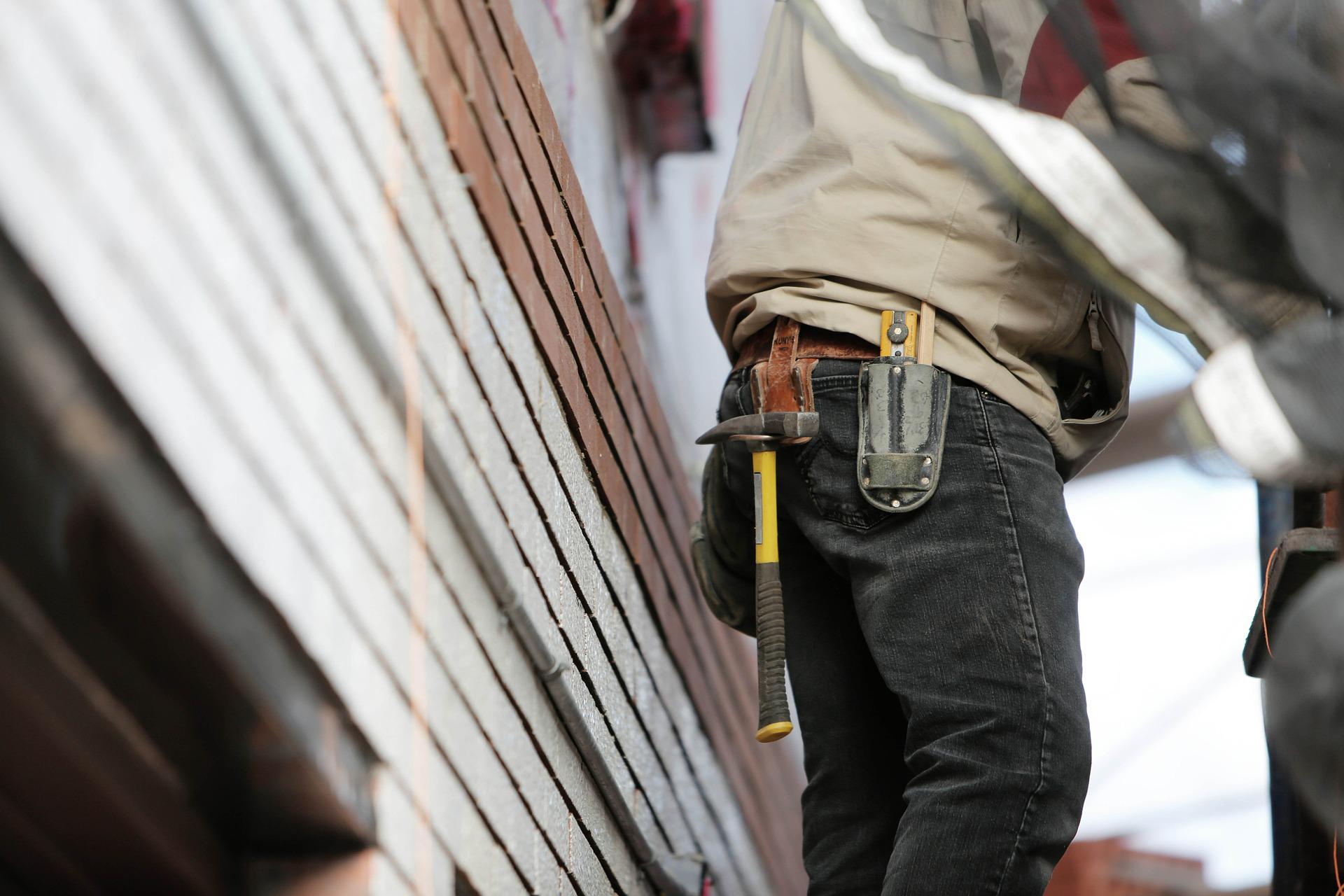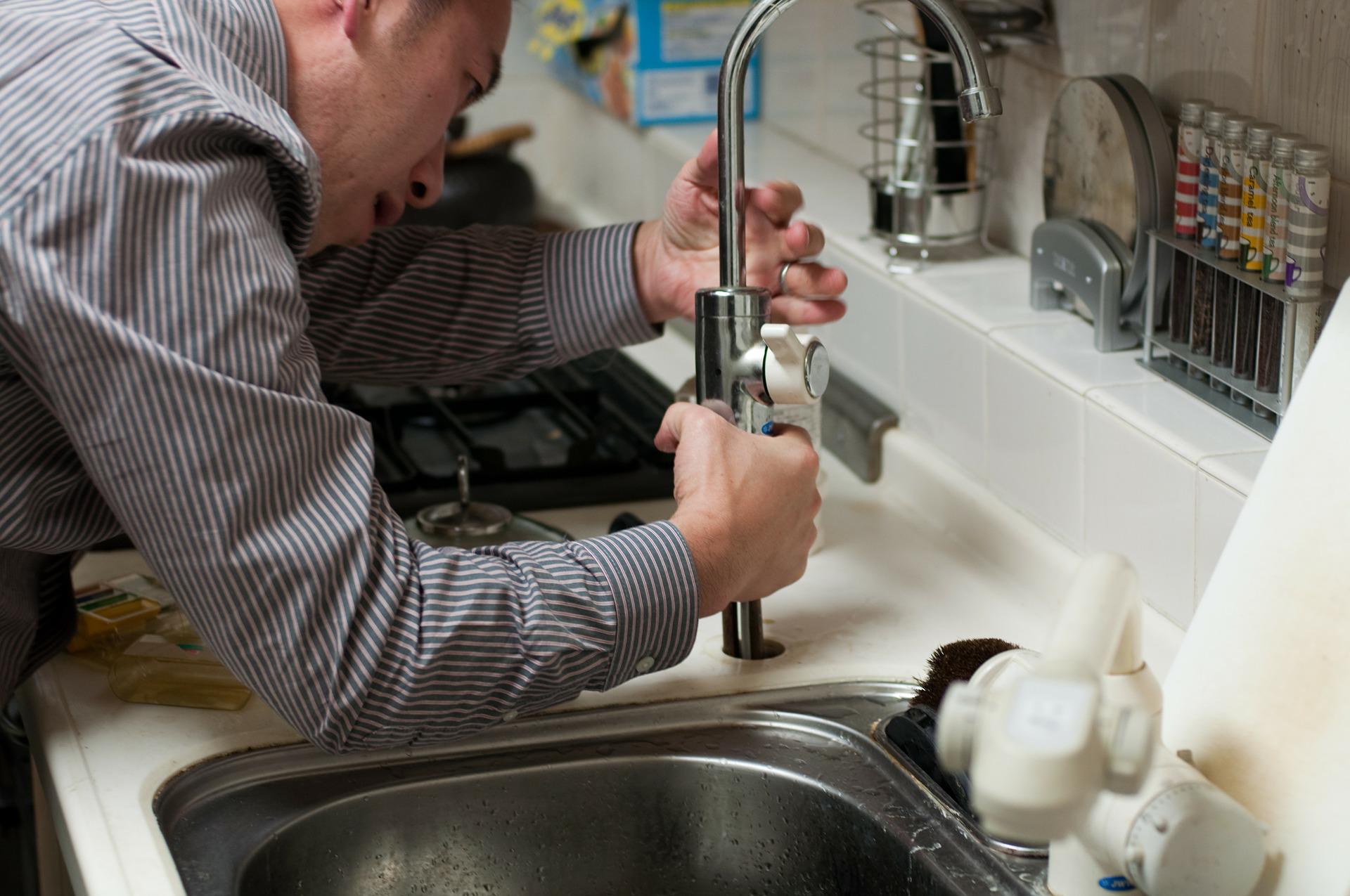
From Pjs to work, then back into Pjs – is grass greener on Western side of fence?
The number of Eastern Europeans working abroad has increased significantly in recent years. For Serbs, Germany, Austria and Switzerland have been the main destinations. Many choose the West with high hopes, but then reality hits.
Small apartments, inhumane conditions
When someone starts talking about working abroad in Central Europe, the core part of the story always revolves around how much they can earn and how much money they can take home. Expats do not usually talk about issues such as their living conditions, how much they work, how much they can survive on for a month, or how much money they can save.

Photo: Pixabay
Those who agree to spend part of their lives working abroad will in the vast majority of cases accept that they will have to live with their colleagues in a 20-square-metre apartment for months, if not years. These accommodation venues typically have one bathroom per floor, usually shared by 20-25 people.
One Serbian worker told V4NA that in recent weeks, basic foodstuffs have become almost unaffordable in Germany, and there is even a shortage of them. In addition, rental fees have also skyrocketed. This is largely due to the war in Ukraine and the fact that Ukrainian refugees are willing to pay more for rent.
„You are still better off in Serbia than we are in Germany. In Serbia everything is available, there is a price cap on fuel and the utilities are affordable,”
said a man who has been working as a CNC technician in Germany for 20 years. The Serbian guest worker also complained that the number of immigrants has increased significantly in the last decade due to the migration wave. There are a lot of migrants from the Middle East in Western Europe, and the locals are afraid,” he said.
From PJs to work, and vice versa
According to Serbian newspapers, it is true that you can earn more money in a Western country, but the expenses are just as high. Some reports suggest that you need to earn at least €3,000 to get by in a month. In addition to money, the German mentality is also a major problem for guest workers arriving from the Balkans. Austerity and discipline are difficult to accept for people living the Mediterranean lifestyle, including Serbs. Guest workers also complain that they have to be at work almost all day, which effectively means switching their pajamas to workwear, and vice versa.

Photo: Pixabay
An employee from the Blakans, who has been working in Germany for five years, says that renting a three-room, unfurnished apartment for three months will cost 2,100 euros. The sum is immediately payable to the landlord, otherwise no one can get the keys in Germany.
„Renting an apartment is definitely the highest cost in your budget. On average you pay €700 a month for rent without heating and other bills, which are roughly another 200 euros. For this much money, all you can do is enter an unfurnished apartment. This means that if you don’t have this much money, there’s no point in relocating here,” the employee from Serbia working in Germany told Kurir.
If you don’t have money to rent your own apartment, you can choose a workers’ hostel. In many cases, guest workers live in inhumane conditions for months, trying almost in vain to raise enough money to rent an apartment. It is perhaps no coincidence that when Eastern Europeans who have moved abroad make Facebook posts, they almost never share a photo taken in an apartment.
How much can you make?
How much do workers earn in Germany? This is a question all Eastern Europeans thinking about living abroad want answered. Germany has always been, and still is, Europe’s strongest economy but Berlin has also been hit by the crises of recent years.
Compared to 2019, the average salary in the country increased by 26 euros, which is the lowest increase since 2009, the daily Blic points out. The crisis has affected virtually all sectors in the country. The wages of those working on production lines dropped by an average of 44 euros, while the salaries of those employed in the services sector fell be 79 euros. Guest workers from Eastern Europe mostly work in these sectors.

Photo: Pixabay
Currently, there are about 450 thousand Serbs living in Germany, who mainly do physical work on construction sites and in the catering industry. On average, they are paid 2,500 euros a month for their work, according to the article published by the Serbian newspaper. This is far from enough compared to the 3000 euros needed to make a decent living. Workers are unable to save or send any money home, and they are also beginning to find it hard to make ends meet. Analysts say that a growing number of people are thinking of moving home because it is no longer worth working thousands of kilometres far from their families, for less and less money and in worsening conditions.
The daily Blic has compiled a list showing how much you can make a month in a variety of jobs in Germany. Below are some examples:
Doctor’s assistant 2496 euros
Optician 2407 euros
Baker 2319 euros
Bakery shop assistant 1840 euros
Excavator operator 3437 euros
Professional driver 2567 euros
Biologist 5240 euros
Accountant 3695 euros
Office administrator 3338 euros
Bus driver 2925 euros
Call centre operator 2161 euros
Chemical and technical assistant 3943 euros
Editor 4094 euros
Receptionist 1716 euros
Hairdresser 1666 euros
Building cleaner 2105 euros
Waiter 1823 euros
Chef 2205 euros
Joiner 3189 euros

